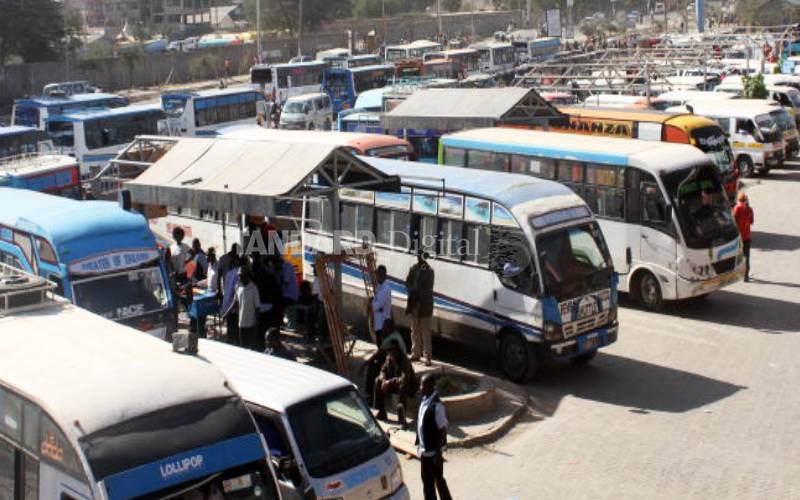×
The Standard e-Paper
Home To Bold Columnists

We lose jobs in recessions and citizens suffer, particularly in countries with no safety nets. [Peterson Githaiga, Standard]
The world is staring at a Covid-19 recession as economies slow down because of disruptions in economic activities.